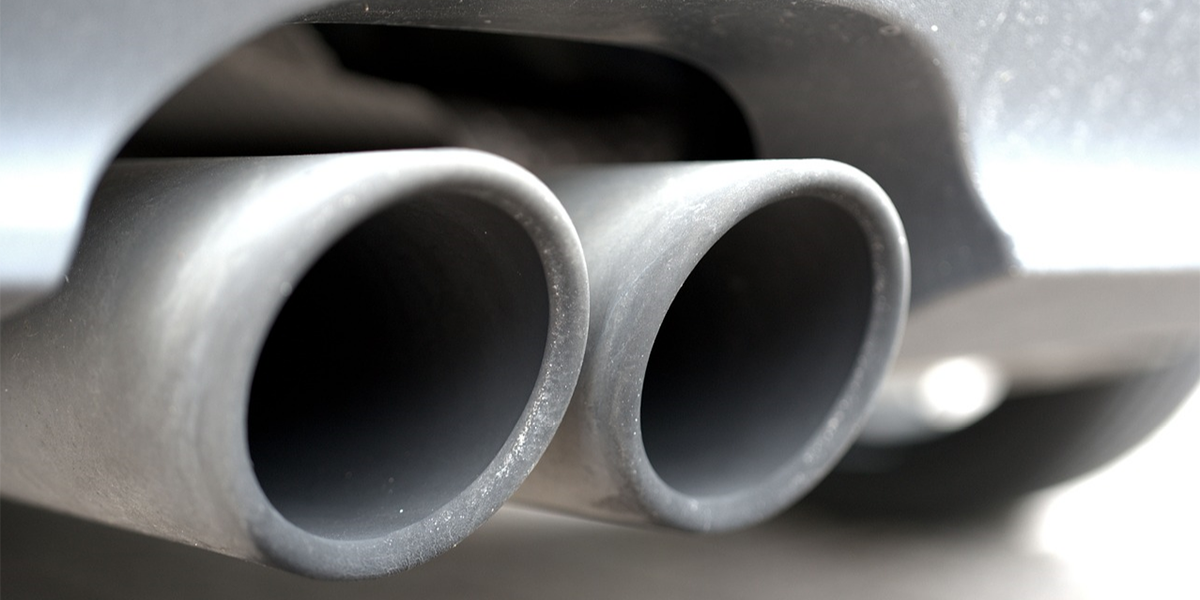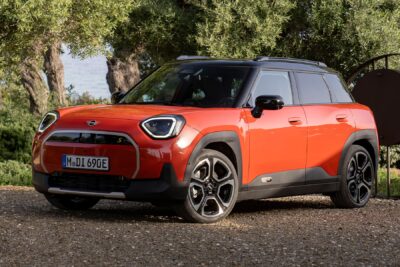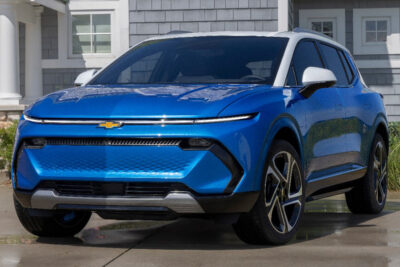Lawsuits for German carmakers to stop polluting
According to Environmental Action Germany (DUH) and Greenpeace, the proceedings would be based primarily on the “landmark climate ruling of the Federal Constitutional Court”. In April, the court had criticised the climate legislation as insufficient and obliged the legislator to make improvements.
The German news magazine Der Spiegel writes that the oil and gas company Wintershall DEA is also affected. The lawyers of the two environmental organisations are aiming to serve the companies with a “climate protection injunction”.
The family-owned German vehicle-making giant BMW has rejected Deutsche Umwelthilfe’s demand that it stop selling vehicles with internal combustion engines worldwide from 2030.
Environmental Action Germany (DUH) demanded a cease-and-desist declaration from BMW by Monday just passed and threatened legal action. BMW said in its reply that the way to achieve the climate targets would be decided by democratically legitimised parliaments and that a legal dispute between two private parties could not replace this democratic process. While inferring with this statement that the legal action is not democratic or that it is exclusively the role of parliaments to protect the rights of citizens and their environments, the German carmaker has not yet directly disputed the democratic legitimacy of the German justice system.
From Mercedes-Benz, a spokesperson answered: “We will take a look at it when the lawsuits are there.” In its reply to Environmental Action Germany (DUH) Mercedes Benz Daimler stated that it saw no basis for a cease-and-desist declaration, “because we have long since issued a clear declaration for the lane change to climate neutrality.” The environmental organisations clearly think that this does go far enough to avoid climate change disasters.
Deutsche Umwelthilfe (DUH) then officially filed statements of claim against BMW and Mercedes-Benz at the regional courts in Munich and Stuttgart.
“It happened just as we thought it would,” DUH lawyer Remo Klinger told the Handelsblatt. The climate lawyer is confident that verbal negotiations could start as early as next year. “Companies can very well lose such a legal dispute. We have seen that with Shell”, said Klinger.
While Environmental Action Germany (DUH) is behind the lawsuits against BMW, Mercedes and Wintershall, in the case of Volkswagen, Greenpeace is behind the legal action according to the German trade newspaper the Handelsblatt. The responsible lawyer, Roda Verheyen, is said to have given the Wolfsburg-based carmaking giant a much longer deadline until the end of October.
Update 14 September 2022
The Regional Court of Stuttgart has dismissed a climate lawsuit filed by Deutsche Umwelthilfe against Mercedes-Benz in the first instance. The court stated that it was up to the legislator to decide what must be done to comply with climate protection. This could not be anticipated by an individual action before a civil court.
In its own statement, Deutsche Umwelthilfe then announced that it would take the matter to the Stuttgart Higher Regional Court as the next instance. DUH demands the climate-friendly conversion of Mercedes-Benz, in particular through a drastic reduction of CO2 emissions of the vehicles in accordance with the regulations of the Paris Climate Protection Agreement and the German Climate Protection Act. Among other things, Mercedes-Benz is to stop selling new combustion engine cars by 2030 at the latest. However, the carmaker had announced last year that it wanted to become fully electric before the end of this decade – at least “wherever market conditions permit”.
Update 08 February 2023
Following the earlier decisions, the Munich Regional Court I has also dismissed the lawsuit filed by the German environmental organisation DUH against BMW. As outlined above, the association wanted to enforce in court that BMW stops selling cars with combustion engines from 2030. The decision of the Regional Court is not yet legally binding and DUH has already announced that it will take its climate lawsuit against BMW to the next instance.
Update 16 October 2023
The lawsuit filed by Deutsche Umwelthilfe against BMW for insufficient climate protection was also dismissed in the second instance by the Munich Higher Regional Court. The association wanted to enforce in court that BMW stops selling cars with combustion engines from 2030. However, DUH does not admit defeat and announces an appeal to the Federal Court of Justice.
Update 14 November 2023
The Deutsche Umwelthilfe (DUH) has once again failed to force German car manufacturers to end the sale of combustion engines by 2030 at the latest. Around a month after a corresponding lawsuit by DUH against BMW was also dismissed in the second instance by the Munich Higher Regional Court (see update from October 16, 2023), the Stuttgart Higher Regional Court has now dismissed an appeal by DUH against Mercedes-Benz and thus confirmed a ruling by the Stuttgart Regional Court dismissing the lawsuit.
“The Senate considered the plaintiffs’ appeal to be manifestly unfounded and therefore decided by order according to Section 522 (2) ZPO that the plaintiffs are not entitled to a so-called quasi negatory claim according to Sections 12, 862, 1004 BGB analogously. Such a claim presupposes that the conduct complained of, which is lawful as such, namely the placing on the market of new passenger cars with combustion engines, at least leads to an unlawful situation. That was not the case. An unlawful situation could only arise if an indirect third-party effect of fundamental rights was taken into account,” the court said in a statement.
As in the BMW case, the Deutsche Umwelthilfe is not giving up and has announced that it will take its climate lawsuit against Mercedes-Benz to the Federal Court of Justice.
heise.de, duh.de, handelsblatt.com (all in German), heise.de, duh.de (update Sept 22; in German), justiz.bayern.de (update Feb 23; in German), heise.de (update Oct 23; in German), justiz-bw.de, duh.de (update Nov 23; in German)





0 Comments